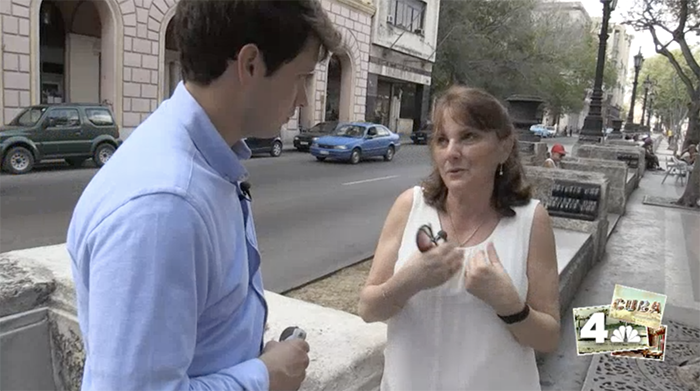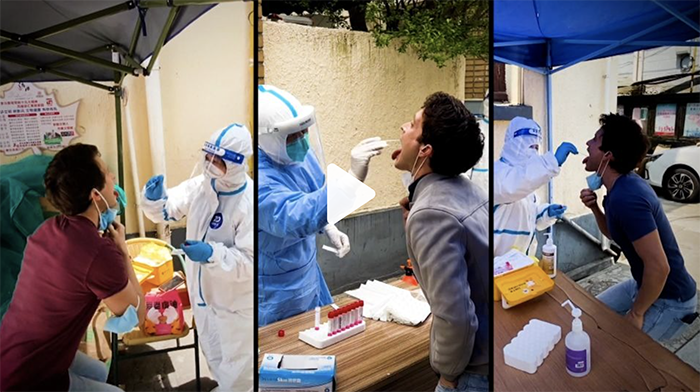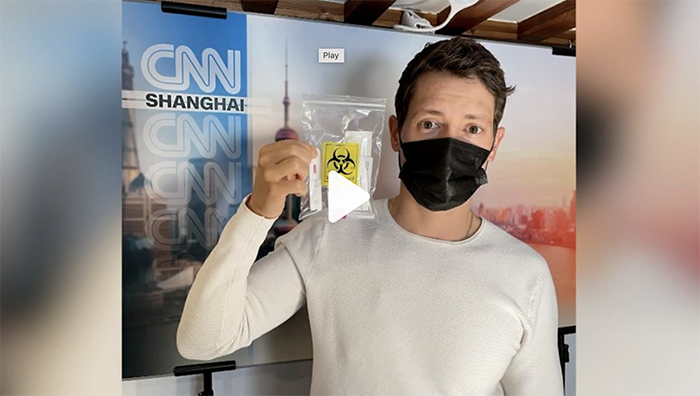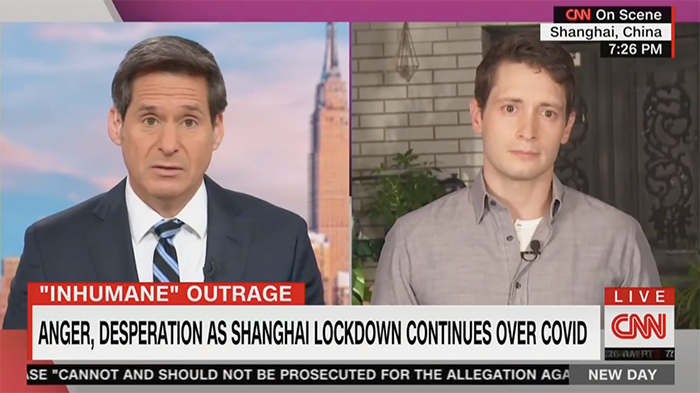Cuba was always a fantasy for me growing up. It was this majestic and vibrant place mapped out in my mind, constructed solely from stories told by my mother, grandmother and a seemingly endless stream of extended family.
I dreamed of visiting, but for so many years it seemed out of the question for me and my exiled loved ones. That changed this year.
My grandmother told me in January that she’d like to go back. I’d never heard her say it with so much conviction; she was serious. She is 83, and I knew I had to plan it immediately.
My mother agreed to go with me. She was only four when her parents and siblings fled the country following the revolution, but her memory is sharp and my grandmother wanted her to be there. It would be their first time back to the island nation in 54 years.
My mom’s cousin, who’d been back twice since he left in 1969, agreed to accompany us.
I didn’t just want to visit, though. Being the curious storyteller I am, I wanted this journey to be documented. It’s a story, that while deeply personal, is at the same time shared by millions of other Cuban exiles.
With the supportive backing from my bosses at NBC4, and with the help of our network partners at NBC News, we began planning the trip. It wasn’t easy. I worked to coordinate family and work schedules, applied for visas (I went under a journalist visa while my mom, grandmother and cousin traveled with “family visit” visas), and worked with a charter company to book hotels and flights. After a few months, we were all set. We flew out of Miami on April 25.
We scheduled six days to be on the island. The first three, we planned to be in Havana. It’s in the capital, where my mom was born and where her father helped run his family’s successful medical laboratories. My grandmother, however, grew up some 500 miles from Havana, on the opposite end of the island in Santiago de Cuba. So we decided the last half of our trip we’d spend there.
Ahead of this journey we worked to identify as many old addresses as possible. We wanted to revisit my family’s past homes, schools and track down where they worked. I thought it’d be pretty straightforward: look up the street and house number and then move onto the next place.
But that wasn’t always the case. We discovered some of the addresses had changed, so it took door-knocking and record-hunting to really connect with my family’s past.
In watching our special, you’ll notice how much the emotions varied on the trip. Over the course of just a few minutes, my grandmother’s painful tears would be replaced by bursts of laughter, and vice versa.
Our photographer, Roberto, and producer, Matos, made our journey all the more rewarding. Both Cuban-born, they work for NBC News out of the Havana bureau. They’re incredibly talented and were motivated to help my grandmother rediscover her precious memories.
The Cubans we encountered on our way were beyond accommodating. On our second day in Havana, we decided to take a midday break from the unbearable heat and humidity. We dropped Roberto and Matos off at their office, and I asked the driver, Carlos, to take us back to the hotel.
Carlos hadn’t talked much the first day. He wore his sunglasses the whole time and just drove. While I certainly couldn’t navigate the city on my own, I knew enough to realize that that afternoon he wasn’t going the right way. We suddenly started driving through some strange neighborhood. My mom and I locked eyes, something didn’t feel right; we were scared.
I shouted from the back of the car in Spanish, “Carlos, we’re going to the hotel, right?” He didn’t answer. A couple of minutes later he pulled up in front of some house. Out walked a guy in a waiter’s uniform. Carlos came around to open the back door and smiling, said to us, “I thought you could use a special treat; let’s have lunch!”
I felt so guilty. He sat with us and we ate and talked for two hours.
Afterwards, he wanted to make one more stop on the way back to the hotel. He pulled over near a local park and up walked a beautiful woman in her 40s. Carlos had the biggest smile on his face. He was proud to introduce us to his girlfriend; he was overjoyed someone cared about his story. Carlos wasn’t the exception. Almost everyone we met in Cuba exhibited the same warm, inviting and willing nature.
We left Cuba on May 1, amidst the annual May Day celebrations. The day is marked by celebratory marches and musical parades. We boarded our plane out of Santiago, headed back to the US. We were exhausted, physically and emotionally drained.
I looked over at my grandmother, mom and cousin as we were about to touch down in Miami. In that moment I marveled at their life experiences. And inside, I felt this surge of gratefulness for what their struggles and pains had given to me, my siblings and cousins.
Over the cabin speaker the pilot announced, “Welcome to Miami….”







